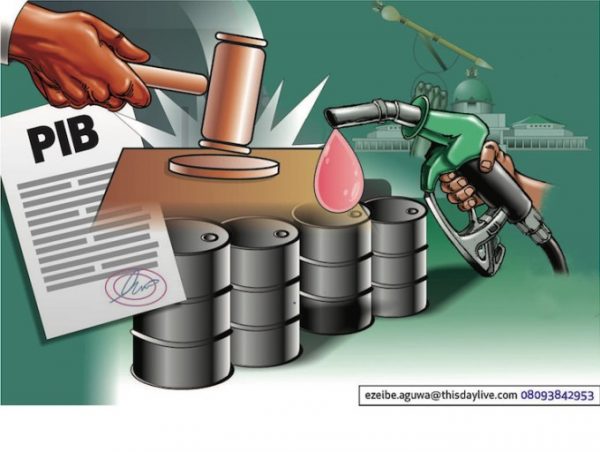PIGB: Is The Long Wait Finally Over?
Since 2008, Nigeria has been working to improve transparency and accountability in the oil sector. This brought about the development of the Petroleum Industry Bill (PIB) later modified to become PIGB (Petroleum Industry Governance Bill).
PIGB which has been one of the longest standing bills in the National Assembly was rumoured to have been signed by President Mohammadu Buhari on Thursday, last week.
The bill was first introduced to the Assembly in 2008 as an executive bill by the late President, Umaru Yar’Adua. The Sixth National Assembly (2007-2011) failed to pass the bill and it was re-introduced in 2012 by former President Goodluck Jonathan.
However, last week, the Senate passed the Petroleum Industry Governance Bill a second time, after President Muhammadu Buhari earlier declined assent to the bill in August 2018, and it has been rumoured to have been signed.
The bill seeks to create efficient and effective governing institutions with clear and separate roles for the petroleum industry, establish a framework for the creation of commercially oriented and profit driven petroleum entities to ensure value addition and internationalization of the petroleum industry, promote transparency and accountability in the administration of petroleum resources of Nigeria, and foster a business environment conducive to petroleum industry operations.
The Bill would restructure the Nigeria National Petroleum Corporation and the Department for Petroleum Resources. It will also create new agencies with more responsibilities as well as establish an institutional and regulatory framework for the Nigerian Petroleum Industry. The Bill also seeks to remove the overlap of functions among the regulatory, policy and commercial institutions. Furthermore, the Bill will merge Petroleum Inspectorate, Department of Petroleum Resources, Petroleum Products Pricing Regulatory Agency and the Petroleum Equalization Fund(Management Board) as a body to be known as the Nigerian Petroleum Regulatory Commission (NPRC).
The Bill seeks to create two commercial entities -the Nigerian Petroleum Assets Management Company (NPAMC) and the National Petroleum Company (NPC) –which shall be the direct outcome from the restructuring of the Nigerian National Petroleum Corporation (NNPC). The Nigerian Petroleum Assets Management Company (NPAMC) shall also hold and manage certain petroleum assets on behalf of the government and enter into new exploration and production agreements on behalf of the government, whilst the National Petroleum Company (NPC) shall run as a full commercial entity and operate the assets transferred to it pursuant to the restructuring of the Nigerian National Petroleum Corporation (NNPC).
The bill will also be of great benefits o Nigerians as it will create more jobs for Nigerian local contractors, especially those from the oil producing regions.
The Nigerian economy has depended greatly on the oil and gas industry for so many years. This sector accounts for more than 80% of foreign exchange revenue, but contributes less than 20% to the nation’s gross domestic product (GDP). Although a huge amount of money is generated from the sale of oil and gas, the country has not benefited from it.
Over the years, the sector has been challenged by poor governance, inadequate management of revenue, disjointed fiscal and regulatory provisions and gross inefficiencies in managing the downstream petroleum assets, but these problems may just be over if PIGB has really been signed into law.









